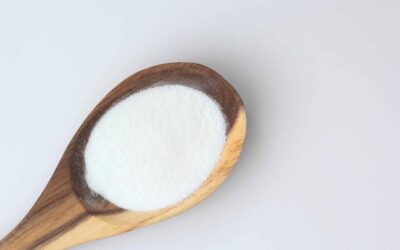
I am writing this article to introduce Gill Hind who specialises in visceral and cranial osteopathy for women’s pelvic health with a specific interest in fertility, pregnancy, and postnatal recovery. She works closely with me in Bicknacre and I find her input and her treatments an invaluable help for some of my clients.
Have you ever considered that the ruptured appendix you had removed in your teens could behaving an impact on your infertility? Have you ever wondered whether the fall down the stairs you had at work 10 years ago left any lasting tensions or strains in your pelvis and is having an ongoing impact on blood supply and lymph drainage of your ovaries and uterus? Many people concentrate all their efforts on investigating hormonal issues, on altering diet or supplements, on detoxing their lives or investigating the internal integrity of the uterus and fallopian tubes. Not enough attention is put on the integrity and tensions within the whole pelvic cavity and how that can effect fertility.
A mechanical cause of infertility is surprisingly common. It has been estimated that of the 5 million infertile women in the USA, 2 million are infertile due to hormonal or medical reasons, 1 million have ‘unknown’ cause of infertility, and 2 million have mechanical infertility (Stephen, 1996). It is quite likely that there is a high degree of cross-over and that many people struggling with infertility have many layers of contributing factors, both mechanical and hormonal.
A significant number of my clients have a past history of pelvic surgery, pelvic trauma, or pelvic infection. In some cases, this has had an obvious gynecological link – surgery for fibroids, endometriosis, cysts, etc, but sometimes the link is less obvious such as surgery for an appendix or trauma from a road traffic accident or a bad fall, or a history of ongoing digestive inflammation.
I always pay close attention to any history of previous pelvic surgery, major trauma, internal infections, abdominal pain and discomfort or long term inflammation because pelvic adhesions and scarring are the primary mechanical cause of infertility and anything that can leave a lasting impression on the physical structures in the pelvis should be considered relevant to fertility investigations. Scarring and adhesions can have a negative impact on blood flow, infections in the pelvic cavity or the lower abdominal cavity can leave a lasting low level residue in the tissue, unresolved strain in the tendons and ligaments supporting the internal structures can have an impact on the way they can function and thrive.
When appropriate to do so, I will recommend a treatment with Gill so that she can check the integrity of the internal structures; if there is work to do, it can make such a significant difference to fertility. Her treatments are incredibly gentle, and the impact can be amazing. If you would like to know more about how she works and what she treats, email me and I will put you in touch with her.
Stephen EH. Projections of impaired fecundity among women in the United States: 1995 to 2020.
Fertil Steril. 1996;66(2):205-209. doi:10.1016/s0015-0282(16)58439-8
Wurn BF, Wurn LJ, King CR, et al. Treating female infertility and improving IVF pregnancy rates
with a manual physical therapy technique. MedGenMed. 2004;6(2):51. Published 2004 Jun 18.
If you would like to meet with me to talk about your story, I will try my very best to
help you. Contact Alex O’Connor at https://www.essexfertility.co.uk






0 Comments